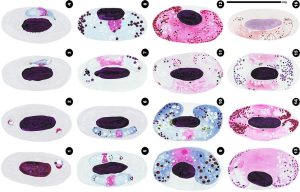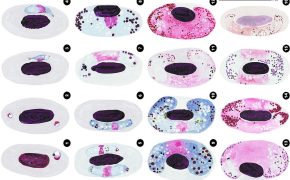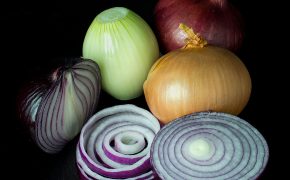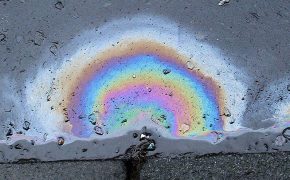Do you need a parasite cleanse?
NOPE
🙂
If you spend any time on the internet, which you obviously do — you’re on it now, you’ve probably come across parasite cleanses.
They’re all the rage with wellness aficionados, health hackers, influencers, optimisers, and gurus. This, in itself, should be a red flag: these folk shift their focus from one moment to the next. Once people are tired of their wares, they move on to the next “important” health “hack” they can monetise.
Not long ago, these snake-oil peddlers were focused on ridding you of “toxins.” But we all got bored of that, so they moved on to parasites, which sound much more grizzly and foreboding. And there’s nothing like a jolt of disgust to encourage someone to get their credit card out.
As Thomas Moore, a clinical professor at the University of Kansas School of Medicine and an infectious-disease specialist, explains:
“Parasite cleanses are the latest incarnation of a pseudoscientific health trend that sells the idea that there are toxins in your body that need to be purged. In fact, what they’re really doing is preying upon the gullible.”
The problem is that these grifters convince people that generic symptoms, like pain, bloating, gas, diarrhoea, and exhaustion, are all symptoms of a parasitic infection. The truth is, they are, but they can also be a sign of other, much less exciting things, like a hangover or IBS.
It’s not that parasites aren’t real — they are a huge issue, especially in less developed parts of the world. Malaria is a good example of a bad problem. But products hawked by these wellness folk certainly aren’t the answer to malaria (or anything else). They’re not scientifically tested (or tested at all) and might not even be safe for human consumption.
If you think you really do have a parasite, go to a doctor. They can prescribe drugs that will actually work. Consultant parasitologist, Dr. Laura Nabarro, says:
“Gut parasites can be diagnosed in an accredited laboratory by microscopy and molecular tests on stool samples. Once the type of parasite is identified, these are easily treated with antiparasitic medications which can be prescribed by doctors, including GPs.”
But if you’re living in the West, you probably haven’t got one — at least not one that will significantly harm your health.
You might be thinking, “Well, I might just give it a try to be sure.” But that might be risking your health.
These parasite cleanses aren’t regulated, and you’ve got no idea what’s really in there. Dr. Peter J Mannon, a board-certified gastroenterologist at Nebraska Medicine, explains:
“Certain herbal dietary supplements can even cause drug-induced liver disease. […] Colon-cleansing regimens being sold, whether pills or enema therapy, can have unexpected consequences. You don’t know what’s in them. They can be contaminated by pathogenic bugs or toxic compounds like lead, mercury, or arsenic.”
So, in summary, nope. Don’t bother.

















